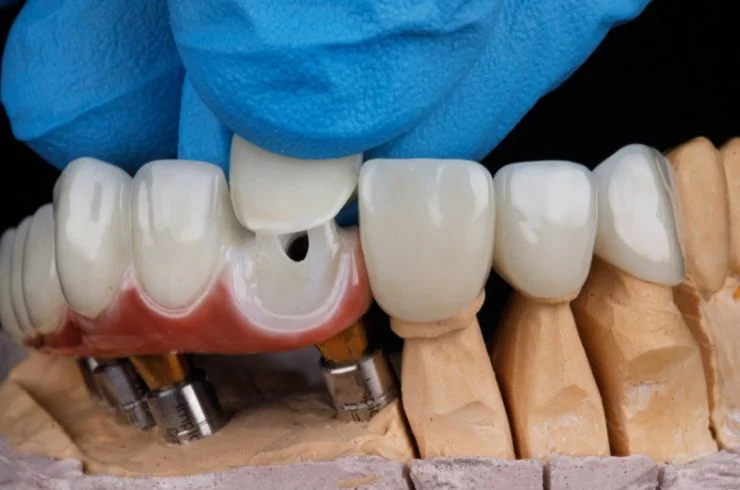
What are Dental Crowns?
Dental crowns are custom-made caps designed to cover and protect damaged or weakened teeth. They serve various purposes, including restoring the function and appearance of teeth that have suffered significant decay, trauma, or wear. Crowns are a common solution in restorative dentistry, helping to enhance both the aesthetics and strength of natural teeth.
Indications for Dental Crowns
Dental crowns may be recommended for several reasons, including:
Types of Crowns
Porcelain Crowns:
Porcelain-Fused-to-Metal Crowns:
Metal Crowns:
Zirconia Crowns:
The Crown Placement Process
Initial Consultation:
Tooth Preparation:
Impressions:
Temporary Crown:
Crown Placement:
Benefits of Dental Crowns
Considerations and Aftercare
In summary, dental crowns are a versatile and effective solution for restoring and protecting damaged teeth. They play a crucial role in restorative dentistry, helping patients regain functionality and improve their smiles. With proper care, crowns can last for many years, providing lasting benefits to oral health and aesthetics.